Speakers
Net Zero Futures 2022 will bring together an array of senior academic, industry and funding bodies representatives, and earlier career researchers from industry and academia who will provide participants with a wealth of insights for impactful collaboration and stakeholder engagement.
Plenary speakers

Professor Liz Varga, FCABE, FAcSS
Chair in Complex Systems
University College London

Dr Maria Manidaki
Technical Director for Decarbonisation
Mott MacDonald
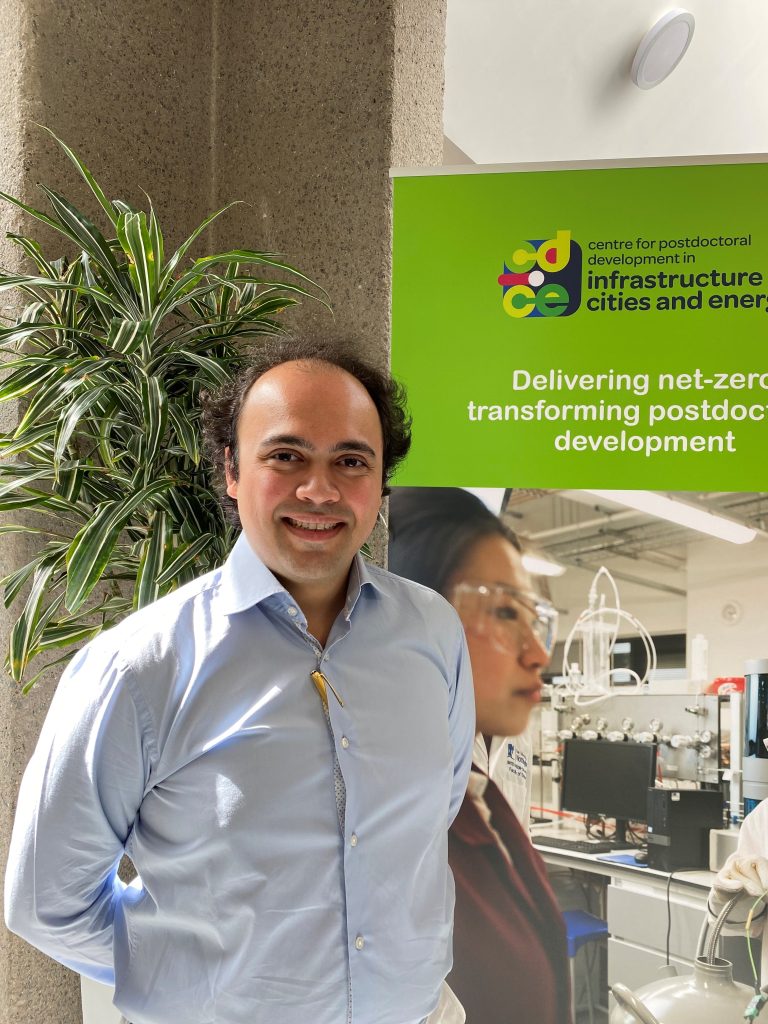
Dr Kieran Bjergstrom
Expert in Quantum Systems Engineering and Quantum Technologies

Dr Tom Dolan
C-DICE Postdoctoral Research Fellow and UKCRIC Senior Research Fellow
C-DICE; UKCRIC

Professor Brian Collins CB, FREng
Emeritus Professor of Engineering Policy
University College London

Maisie England
Head of Engineering
UKRI Engineering and Physical Sciences Research Council (EPSRC)
Workshop facilitators and contributors

Jamie McCallum
Entrepreneur, trainer and consultant
Skillfluence
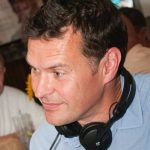
Rob Glass
BBC-trained Video Journalist

Dr Sinead Balgobin
Head of Regional Engagement, West Midlands
EPSRC
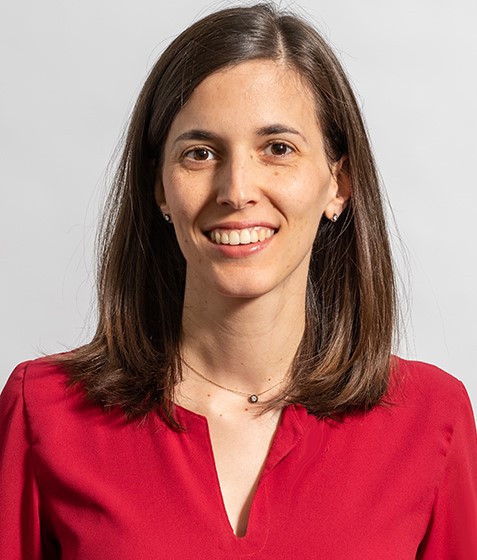
Dr Ana Blanco
Senior Lecturer in Infrastructure Engineering
Loughborough University
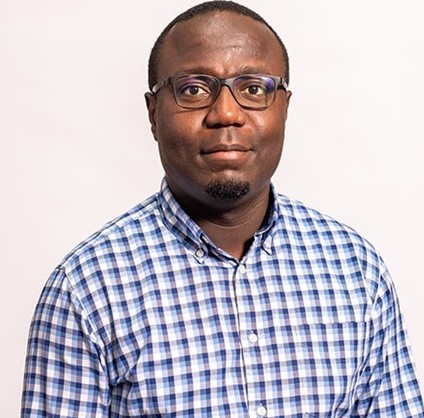
Dr Sola Afolabi
Senior Lecturer in Water and Environmental Engineering
Loughborough University
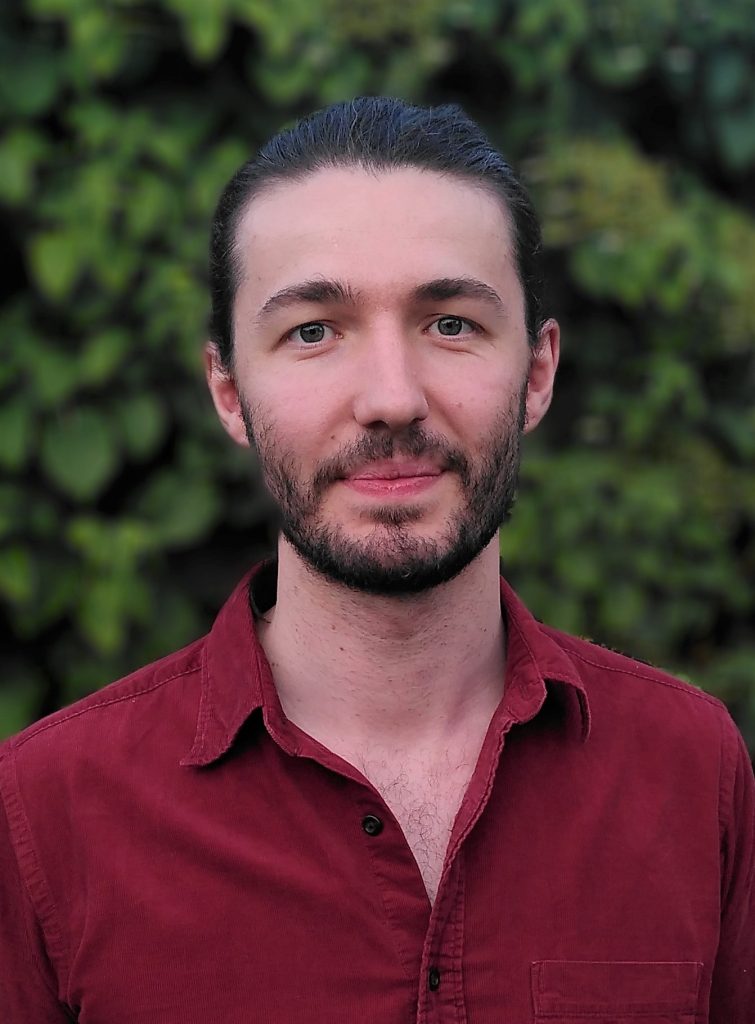
Dr Matt Deakin
C-DICE Research Fellow and Senior Research Associate
Newcastle University
C-DICE speakers

Dr Kathryn North
C-DICE Director
Loughborough University
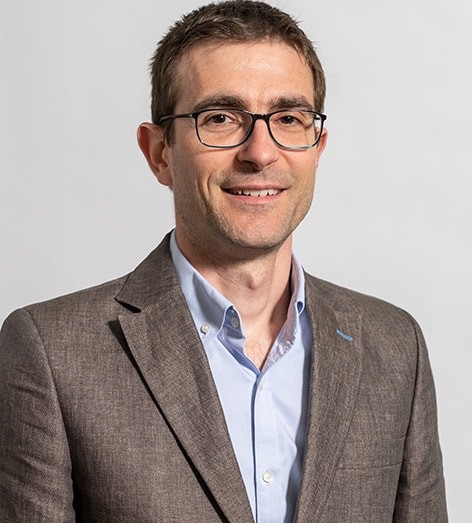
Professor Sergio Cavalaro
C-DICE Principal Investigator and Chair of Infrastructure Systems
Loughborough University
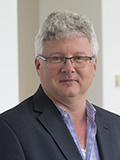
Professor David Saal
C-DICE academic lead and Professor of Microeconomics
Loughborough University

Professor Phil Longhurst
C-DICE academic lead and Chair of Environment and Energy Technology
Cranfield University
Full speaker profiles

Professor Liz Varga, FCABE, FAcSS
Chair in Complex Systems
University College London
Professor Liz Varga leads the Infrastructure Systems Institute and is principal investigator for the coordination node of UK Collaboratorium for Research in Infrastructure and Cities (UKCRIC) and a co-investigator for the Data and Analytics Facility for National Infrastructure. She teaches, writes, and advises globally on energy, transport, digital communications, water, and waste. Her key research themes are infrastructure resilience, sustainable innovation, circular engineering, and decarbonisation, using digital twins, hybrid models, and self-healing systems.

Dr Maria Manidaki
Technical Director for Decarbonisation
Mott MacDonald
Maria is a Chartered Engineer with 18 years of industry experience specialising in infrastructure planning, carbon management and net zero. Her initial engineering experience has been in the Water Sector being involved as a technical advisor advising utilities and their supply chains in the UK, Europe, North and South America, Middle East and Australasia. Maria was the lead author of PAS 2080 and co-author of the HM Treasury Infrastructure Carbon Review and lead author for the PAS 2080 update (2022). She has significant experience working with infrastructure asset owners and their supply chain to help define their carbon management strategies and embed carbon management into infrastructure delivery programmes of work through best practice.
Maria is a Member of the Green Construction Board and has been participating in different Industry Forums to help shape the infrastructure decarbonisation agenda, including the ICE Carbon Project. She is also a Visiting Lecturer on Sustainability and Low Carbon Practices at Cranfield University, Member of the UK Water Sector Net Zero Advisory Panel, Member of the Energy UK, Member of Energy UK group engaging Energy and Water utilities for assessing risks and opportunities between hydrogen production and water resources.
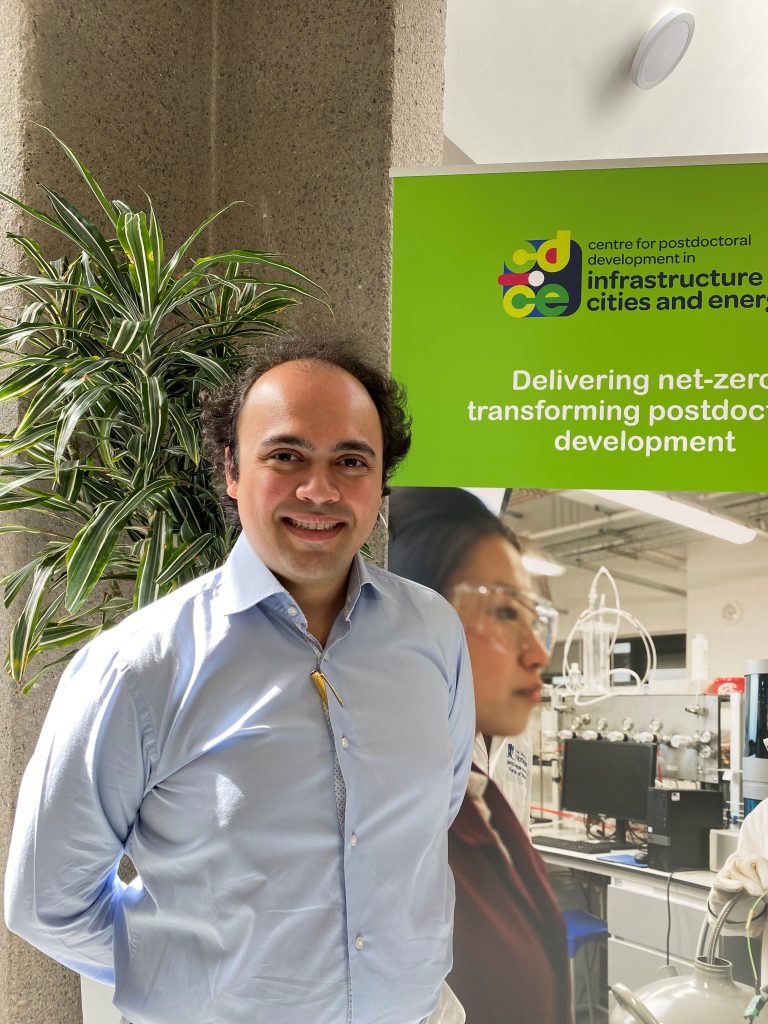
Dr Kieran Bjergstrom
Expert in Quantum Systems Engineering and Quantum Technologies
Kieran has a PhD in Quantum Systems Engineering from Loughborough University.
He is CEO and Co-founder of Omnikara, a modern, quality first, distance learning provider, offering individually tailored tuition for school and university students.
Kieran is the winner of the C-DICE inaugural Dragons’ Den competition in 2022. His expertise is in the science and strategy of translating cutting-edge innovations to the blue economy, net zero, and wider policy space, with deep focus on Quantum Technologies and sophisticated AI-driven systems.
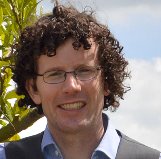
Dr Tom Dolan
C-DICE Postdoctoral Research Fellow and UKCRIC Senior Research Fellow
C-DICE; UKCRIC
Tom’s research focuses on complex infrastructure systems as enablers of societally beneficial outcomes, and, in particular, on the:
- System characteristics (interdependencies, emergent properties and dynamic context) necessary for normal operations to enable the systemic realisation of systemic outcomes that are Net Zero; sustainable and resilient to the disruptive impacts of Resilience challenges (e.g. global warming); enhance the quality of the local environment; and help catalyse an urgent transformation to a net zero GHG emission economy.
- the challenges of how we systemically govern, regulate, manage (including plan, design, procure, construct, operate, maintain, enhance, repurpose, measure, account for, value and incentivise investment in) complex infrastructure systems for the safe emergence of these system characteristics.
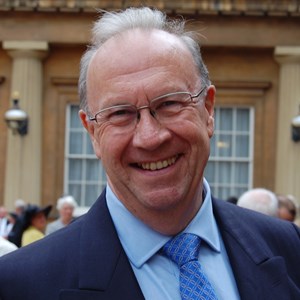
Professor Brian Collins CB, FREng
Emeritus Professor of Engineering Policy
University College London
Professor Brian Collins took up the role of Professor of Engineering Policy at UCL on 1st August 2011 retiring as emeritus in 2020. He has been a co-investigator on a £10M research programme investigating liveable cities for the future. He was also PI for a research project, International Centre for Infrastructure Futures, looking at new business models for infrastructure modernization. Brian led the creation of a £278M capital investment programme in 14 Universities in the UK, UKCRIC, which he launched in 2017, enabling the UK to have a robust and innovative research and analysis base for informing the £400B estimated spend in Infrastructure in the UK in the next few decades. He is currently vice chair of the National Preparedness Commission, whose mission is to help the UK be better prepared for an uncertain future.
Prior to joining UCL, Brian was the Department for Transport’s Chief Scientific Adviser (CSA) from October 2006 and CSA for the Department for Business Innovation and Skills from March 2009 after being CSA in Department for Business, Enterprise and Regulatory Reform from May 2008, during which time Energy policy was in his remit. He left both positions at the end of May 2011. He was Professor of Information Systems at Cranfield University from August 2003 to 2011.
Brian was bestowed by Her Majesty the Queen the Honour of Companion of the Bath (CB) in the 2011 New Years Honours list. He was elected a Fellow of the Royal Academy of Engineering in 2009.
Prior to these activities Brian was Global CIO for Clifford Chance, IT Director for the Wellcome Trust, Chief Scientist and Director of Technology at GCHQ and Deputy Director at RSRE (now Qinetiq and DSTL). He has an MA in Physics and a D.Phil in Astrophysics both from Oxford University.

Maisie England
Head of Engineering
UKRI Engineering and Physical Sciences Research Council (EPSRC)
Maisie has a background in Civil Engineering, specialising in Structural Design. Coming from industry, as a chartered engineer, she is experienced in delivering successful programmes nationally and internationally. Maisie is a leader in major projects with knowledge and skills gained working across a broad spectrum of Business, University, Funders and Government Departments.
Presently, Maisie is joint Head of Engineering at UKRI EPSRC and is responsible for strategy and policy development in Training, Research and Innovation. Maisie has a keen interest in understanding how to strengthen our Urban Systems, Cities and Infrastructure research further.

Jamie McCallum
Entrepreneur, trainer and consultant
Skillfluence
Jamie works with companies to grow and scale. He is a former tech company CEO and is now a highly experienced trainer, business strategist and coach specialising in innovation and the interface between academia and industry. He has raised multiple rounds of private equity investment and has worked on over 100 strategy and innovation projects for other companies in the UK, Europe and USA, installing their innovation processes and helping hands-on to create and commercialise their ideas for innovative new products, services, customers & markets.
Jamie is holder of an international innovation award and has created technology ranked in the top 50 of the IP100 – the UK’s intellectual property league. Prior to this he worked with Scottish Enterprise, helping numerous companies, from high growth start-ups to blue-chip multi-nationals, create and commercialise innovative new products. Jamie is one of only 5 of people in Europe qualified to Black Belt standard in Innovation Engineering – the best in class innovation methodology responsible for over 30 products in every US home.
Away from business, he’s a Founder Trustee and Chairman of Wouldn’t Change a Thing – a charitable organisation launched in 2018 devoted to positive awareness projects to quash negative myths about Down’s Syndrome. Their first project – 50 Mums | 50 Kids | 1 Extra Chromosome – became one of the most popular viral videos of all time.
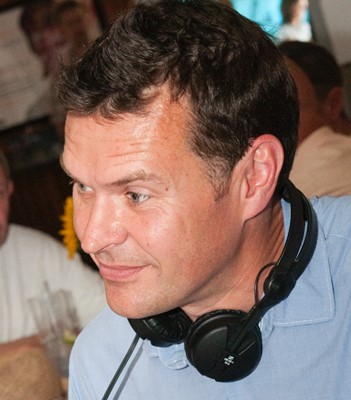
Rob Glass
BBC-trained Video Journalist
Rob Glass has worked in broadcasting for 20 years. He began in BBC Radio before becoming a television presenter with the BBC and subsequently ITV. He found his niche as a Video Journalist, single-handedly filming and editing features for BBC News as well as training other BBC journalists. In 2004, he set up independently to help other organisations communicate using video, producing over 1,000 video features. Having witnessed the power of well-made video first hand, Rob grew passionate about passing this power on. Rob has run workshops around the world for organisations such as Siemens, Deloitte and Disney as well as online for organisations such as The Guardian Masterclasses. Rob also writes and presents online courses for LinkedIn Learning, based in California.

Dr Sinead Balgobin
Head of Regional Engagement, West Midlands
EPSRC
Sinead is responsible for strengthening stakeholder relationships, improving EPSRC knowledge of the research and innovation landscape, and identifying opportunities for collaboration within the West Midlands. She started her career at EPSRC in the Engineering theme managing the Materials Engineering Portfolio. Subsequently she went on to manage the Enabling Technologies research areas before moving on to work in the EPSRC Governance and Planning team, where her responsibilities included establishing, and providing secretarial duties to, the EPSRC Science, Engineering and Technology Board.
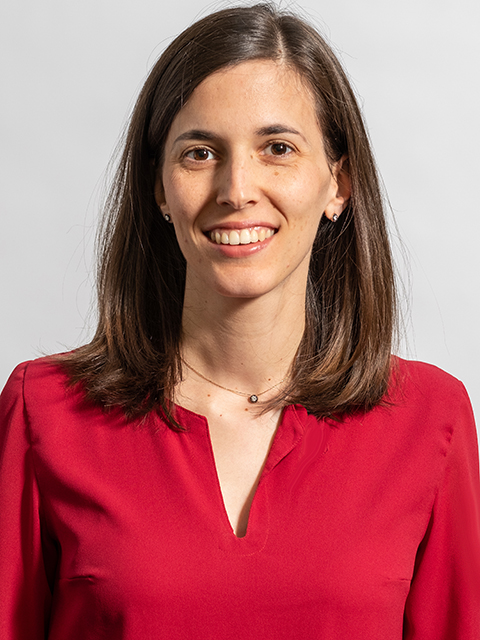
Dr Ana Blanco
Senior Lecturer in Infrastructure Engineering
Loughborough University
Ana is a Chartered Engineer and a Senior Lecturer in Infrastructure Engineering. She joined Loughborough University in 2018 after working as a research associate at UPC (Barcelona, Spain) from 2013 to 2017. Her primary expertise is in Civil and Structural Engineering, focusing on new materials and approaches for infrastructure repair and maintenance. Ana recently received an EPSRC New Investigator Award (EP/W028867/1) that investigates a novel approach to deploying self-healing cementitious composites based on 3D printed superficial healing layers tailored to the likelihood and degree of cracking of the element.

Dr Sola Afolabi
Senior Lecturer in Infrastructure Engineering
Loughborough University
Dr Afolabi is a Senior Lecturer in Water and Environmental Engineering, and RAEng Engineering for Development Fellow, at the Water Engineering Development Centre in the School of Architecture, Building and Civil Engineering. He is a Chartered Engineer (C.Eng) and a Chartered Water and Environmental Manager. Over the last ten years, he has worked on several research and international development projects, including the Bill & Melinda Gates Foundation’s Re-invent (Phase 2 and 3) Toilet Challenge Projects. Currently, he is leading a prestigious Royal Academy of Engineering (RAEng) Engineering for Development Research Fellowship, awarded in 2019.
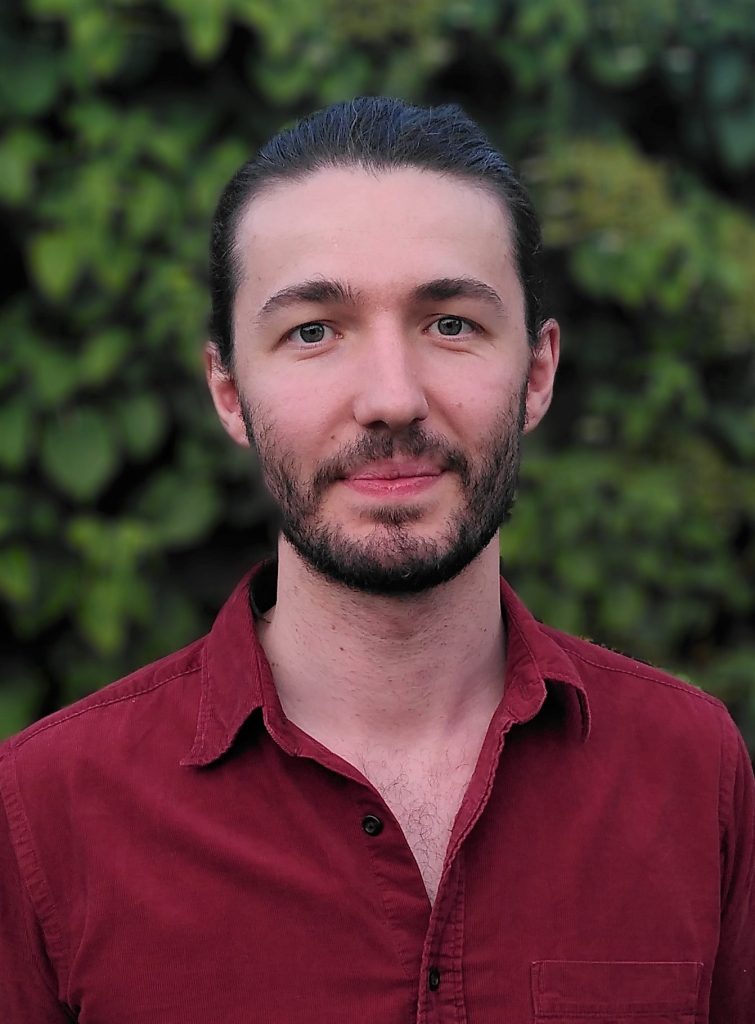
Dr Matt Deakin
C-DICE Research Fellow and Senior Research Associate
Newcastle University
Matt is Senior Research Associate in the electrical power systems group at Newcastle University. He has an MEng (2015) and PhD (2020) in Engineering Science from the University of Oxford, having been funded during the latter as a Clarendon Scholar. Matt was part of the C-DICE Sandpit team that attracted funding for their project idea, and has recently been awarded a Royal Academy of Engineering Research Fellowship which he will start in October 2022. Matt’s research focuses on developing technical solutions necessary to enable a resilient, low-cost electrical power system as part of a future Net Zero economy.

Dr Kathryn North
C-DICE Director
Loughborough University
Kathryn’s interests lie in developing researchers at all career stages. Having supported researchers at Loughborough University since 2007, most recently as Head of Researcher Development, Kathryn has experience in creating innovative approaches to researcher development through the Doctoral College, leading the Research Leaders programme, and establishing the Institute of the Advanced Studies. She is also Head of Skills for the Energy Research Accelerator (ERA) which includes a Doctoral Training Partnership. Through C-DICE, Kathryn is driving a step-change in postdoctoral development, providing opportunities for researchers to develop their careers, for research and innovation to achieve net-zero, and for industry.
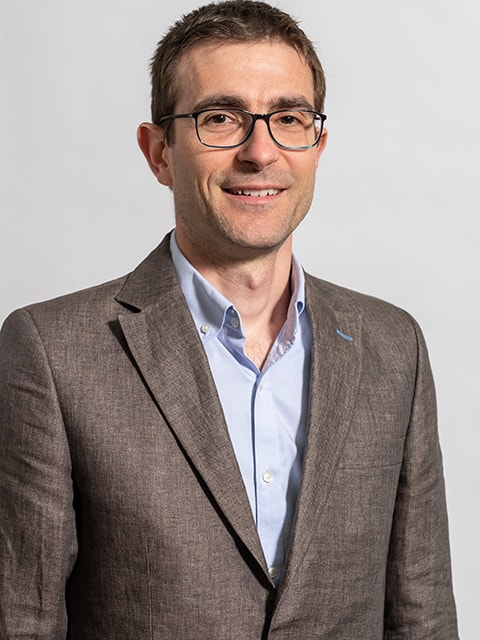
Professor Sergio Cavalaro
Chair of Infrastructure Systems
Loughborough University
Sergio is a civil engineer with 15 years of experience in building materials and structural engineering research and practice. His areas of research encompass innovative manufacturing processes for construction (Hybrid 3d printing), structural design, building materials (UHPC, FRC and other advanced cementitious composites), advanced modelling of cementitious materials performance and production processes (FEM, DEM, CFD), and durability (reinforced concrete corrosion and sulphate attack) applied to delivery and maintenance of infrastructure and buildings.
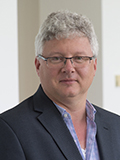
Professor David Saal
Professor of Microeconomics
Loughborough University
David is a Professor of Microeconomics, Head of the Economics discipline group and Co-Director of the newly established Centre for Productivity and Performance at Loughborough University.
He has extensive research expertise in the economic modelling of infrastructure industry costs and its application to infrastructure industry regulation, and improving the efficiency and productivity of firms. David has also provided consulting advice on infrastructure cost modelling, and/or the cost implications of proposed changes in industry structure to the World Bank, the Independent Pricing and Regulatory Tribunal of New South Wales Australia, and OFGEM.
His research has led him develop several interdisciplinary projects that focus on evaluating water industry reform proposals that aim to improve the economic and environmental sustainability of the water industry. These projects highlight the need to understand the complex relationship between the engineering requirements of infrastructure projects and the resulting economic costs of service provision, while simultaneously accounting for the regulatory, political, environmental and social inclusion agendas that influence the development of infrastructure industries.
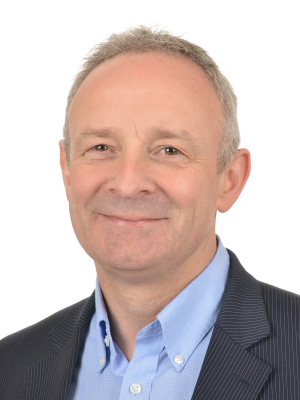
Professor Phil Longhurst
Chair of Environment and Energy Technology
Cranfield University
Phil holds the Chair of Environment and Energy Technology at Cranfield University, and is based in the Energy Theme. His research investigates the way that materials can be recovered or diverted from landfill to improve resource use and reduce environmental pollution. His research contributes to the activity in Bioenergy and has a wide portfolio of projects including creating wealth from recovering trace metals in contaminated land, nutrient recovery from waste, risk assessments for compost and anaerobic digestion use in agriculture, and establishing opportunities for SMEs.